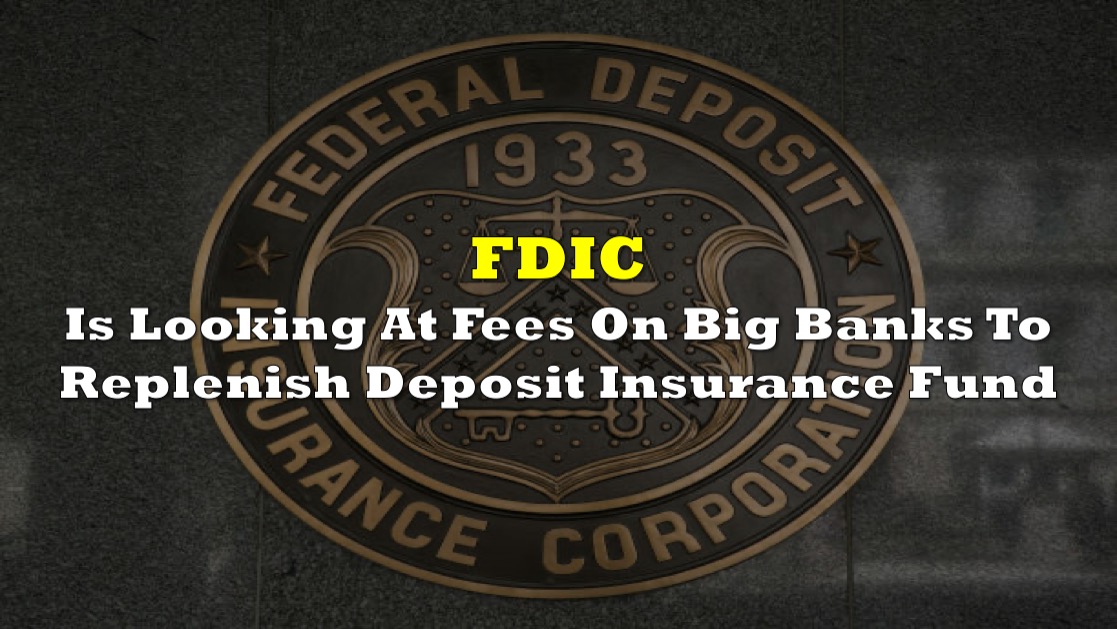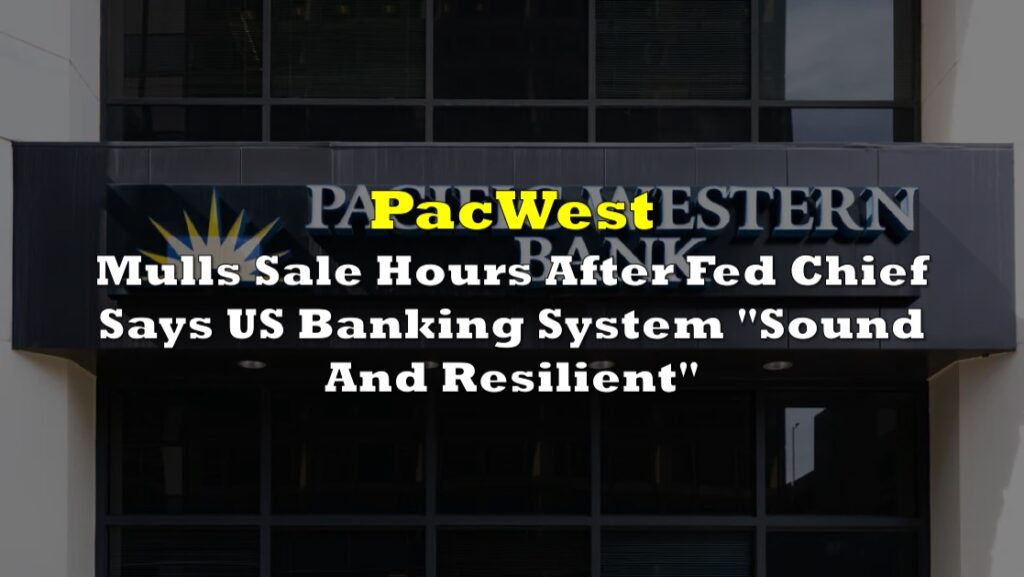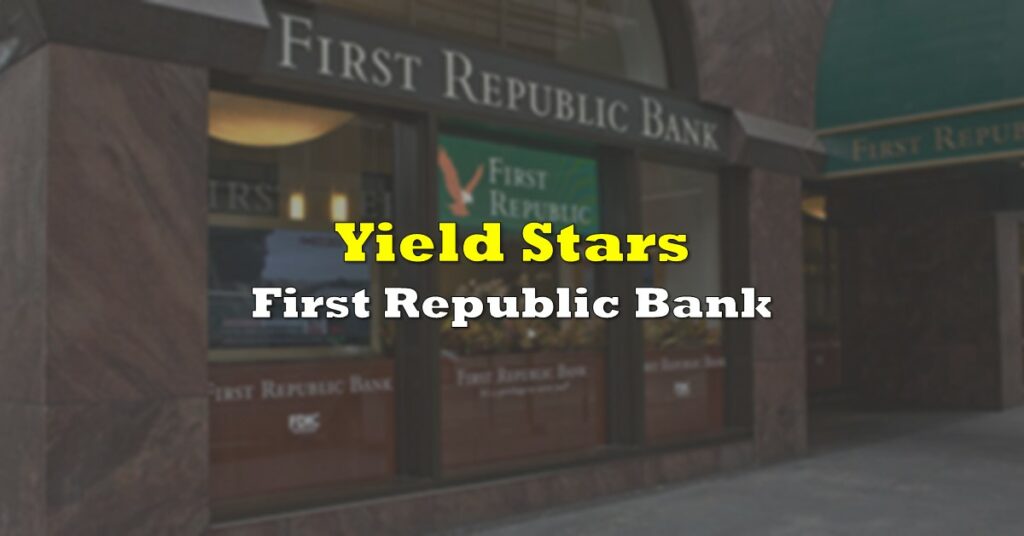The United States is preparing to exempt smaller lenders from contributing to the government’s foundational deposit insurance fund, instead putting the burden squarely on the largest banks.
According to people familiar with the situation, the Federal Deposit Insurance Corp (FDIC) plans to present a highly anticipated proposal for replenishing its Deposit Insurance Fund (DIF), which was partially depleted by the failures of Silicon Valley Bank and Signature Bank, as soon as next week.
Smaller lenders with less than $10 billion in assets would not be required to pay, according to the people, who were not allowed to speak publicly about the discussions. According to FDIC data, there were almost 4,000 institutions that fell below that level at the end of last year.
Some banks with as much as $50 billion in assets could also avoid the payments, which could be spread out over two years or paid all at once, according to two of the people.
According to the plan, larger lenders would all face the same charge structure, but could wind up having to contribute more money due to their balance sheet size and number of depositors. Deposit risk will not be a consideration.
Sources say the fees, known as a special assessment, will not cover the projected $13 billion in losses resulting from First Republic Bank’s demise. This hit to the fund will be offset by quarterly fees paid by lenders to the fund.
The decision to use the DIF to assist uninsured depositors has reignited a long-simmering argument about whether the $250,000 threshold should be expanded. This comes in part of the the report the FDIC released on Monday titled Options for Deposit Insurance Reforms, which outlines three options to reform the nation’s deposit insurance system. The three options discussed in the report include:
- Limited Coverage: Maintaining the current deposit insurance framework, including insuring depositors up to a specified limit (possibly higher than the current $250,000 limit).
- Unlimited Coverage: Extending unlimited deposit insurance coverage to all depositors. The report notes this option could promote higher levels of risk taking among depositors.
- Targeted Coverage: Offering different deposit insurance limits across account types with business payment accounts receiving significantly higher coverage than other accounts.
The FDIC proposes the “targeted coverage” option, which would boost the present $250,000 insurance cap on business accounts.
“Business payment accounts pose greater financial stability concerns than other accounts given that the inability to access these accounts can result in broader economic effects. In addition, business payment accounts may pose a lower risk of moral hazard because those account holders are less likely to view their deposits using a risk-return tradeoff than a depositor using the account for savings and investment purposes,” said FDIC Chairman Martin J. Gruenberg in a statement.
SCOOP: Senior banking execs tell @FoxBusiness that they believe @SecYellen @FDICgov are moving toward either an explicit or de facto guarantee of deposits above the $250k limit to stem the regional banking crisis now threatening a new set of mid sized institutions developing
— Charles Gasparino (@CGasparino) May 3, 2023
The DIF, as the fund is known, is a pillar of the American financial system because it is used to insure most accounts for up to $250,000. It is replenished by all insured banks paying quarterly assessments. The amount is calculated using formulae.
Many depositors at Signature and SVB had millions in their accounts, which meant they were uninsured, and were businesses in desperate need of cash. The FDIC announced a “systemic risk exception” to use the fund to compensate those depositors in addition to those who fell below the $250,000 threshold.
According to the FDIC, insuring uninsured depositors will cost the DIF $19.2 billion in special assessment fees. The agency may vote next week to announce its plan for charging them, after which it will solicit public feedback before approving it months later.
Aside from the potential special assessment and broader overhaul considerations, the agency is also expected to announce changes to the regular quarterly fees that banks must pay into the DIF. According to the people, this approach will serve to mitigate any impact from First Republic to the DIF.
Information for this briefing was found via Bloomberg, Lexology, and the sources mentioned. The author has no securities or affiliations related to this organization. Not a recommendation to buy or sell. Always do additional research and consult a professional before purchasing a security. The author holds no licenses.









